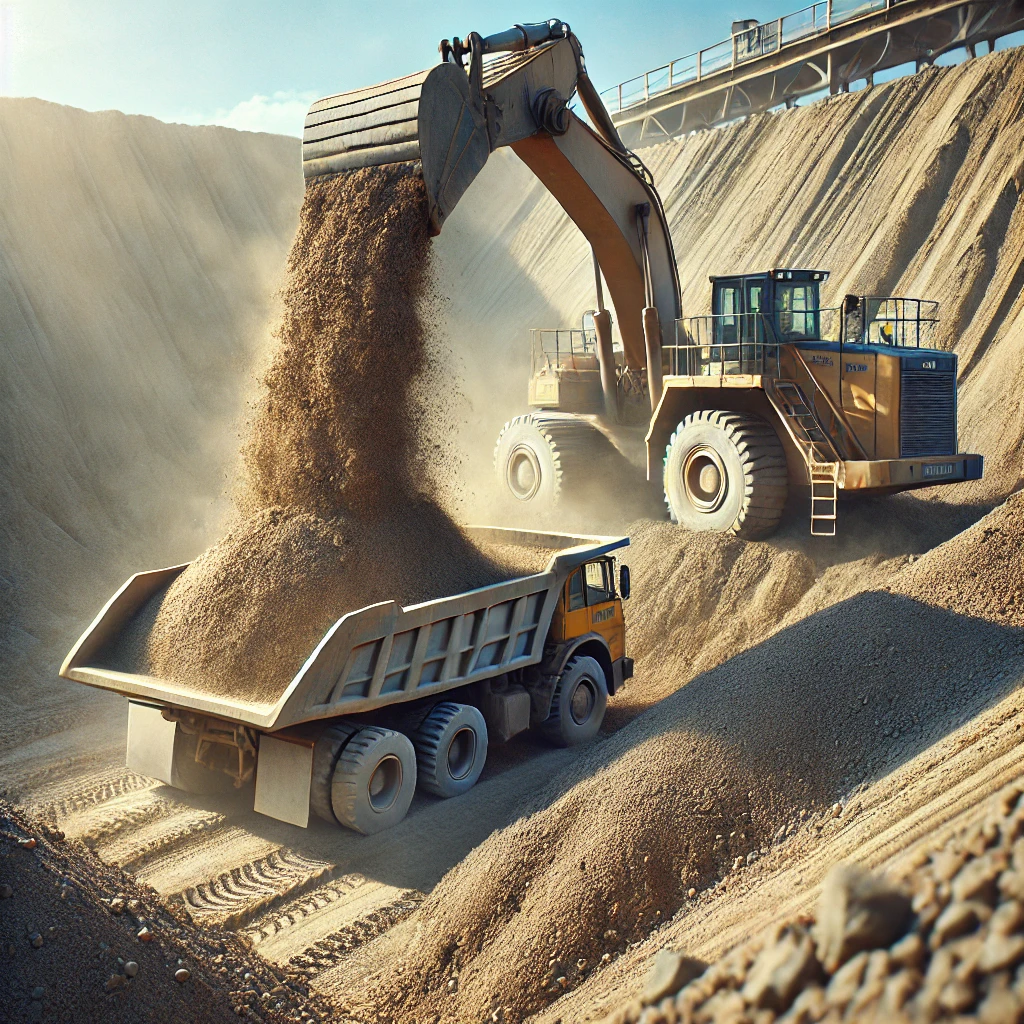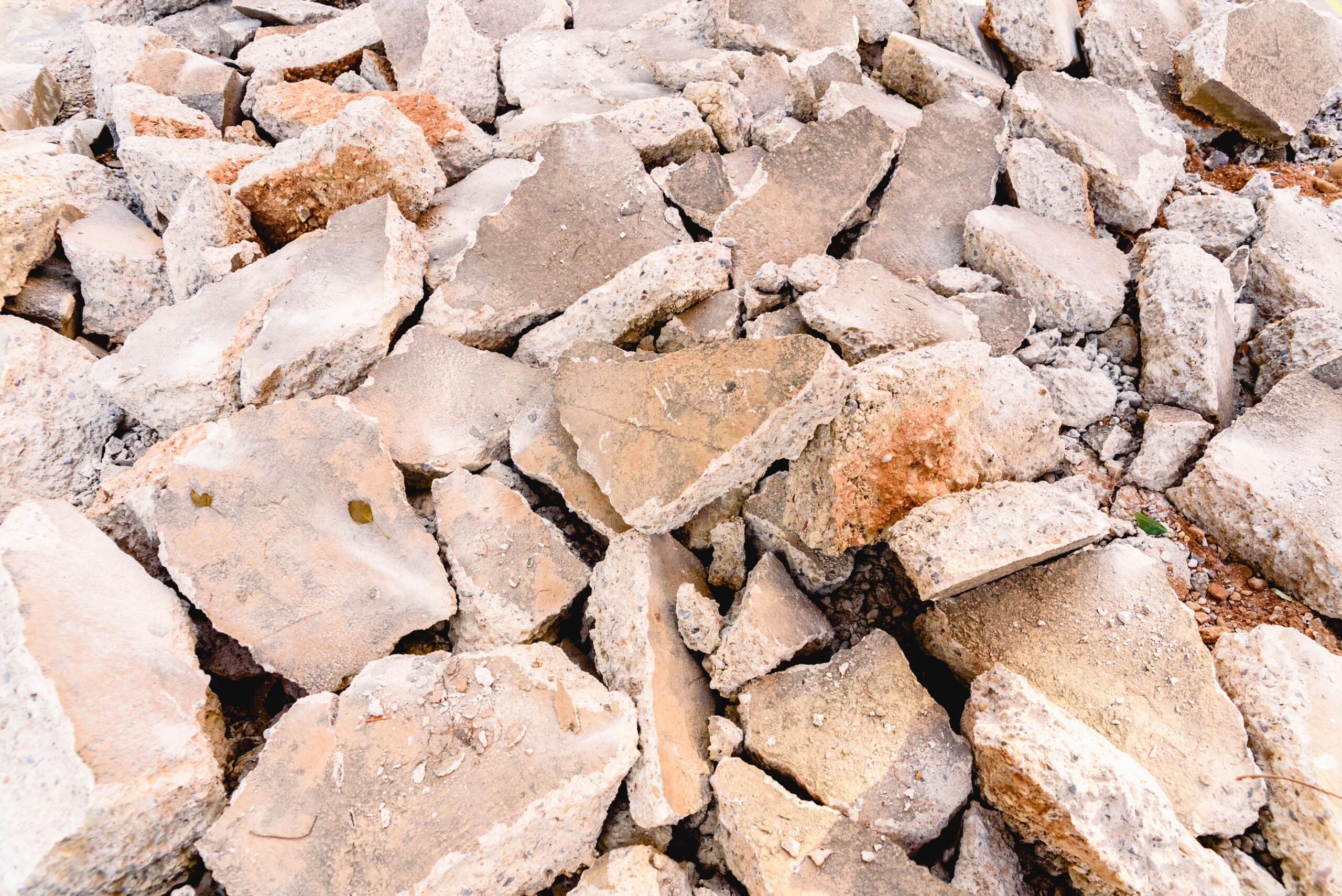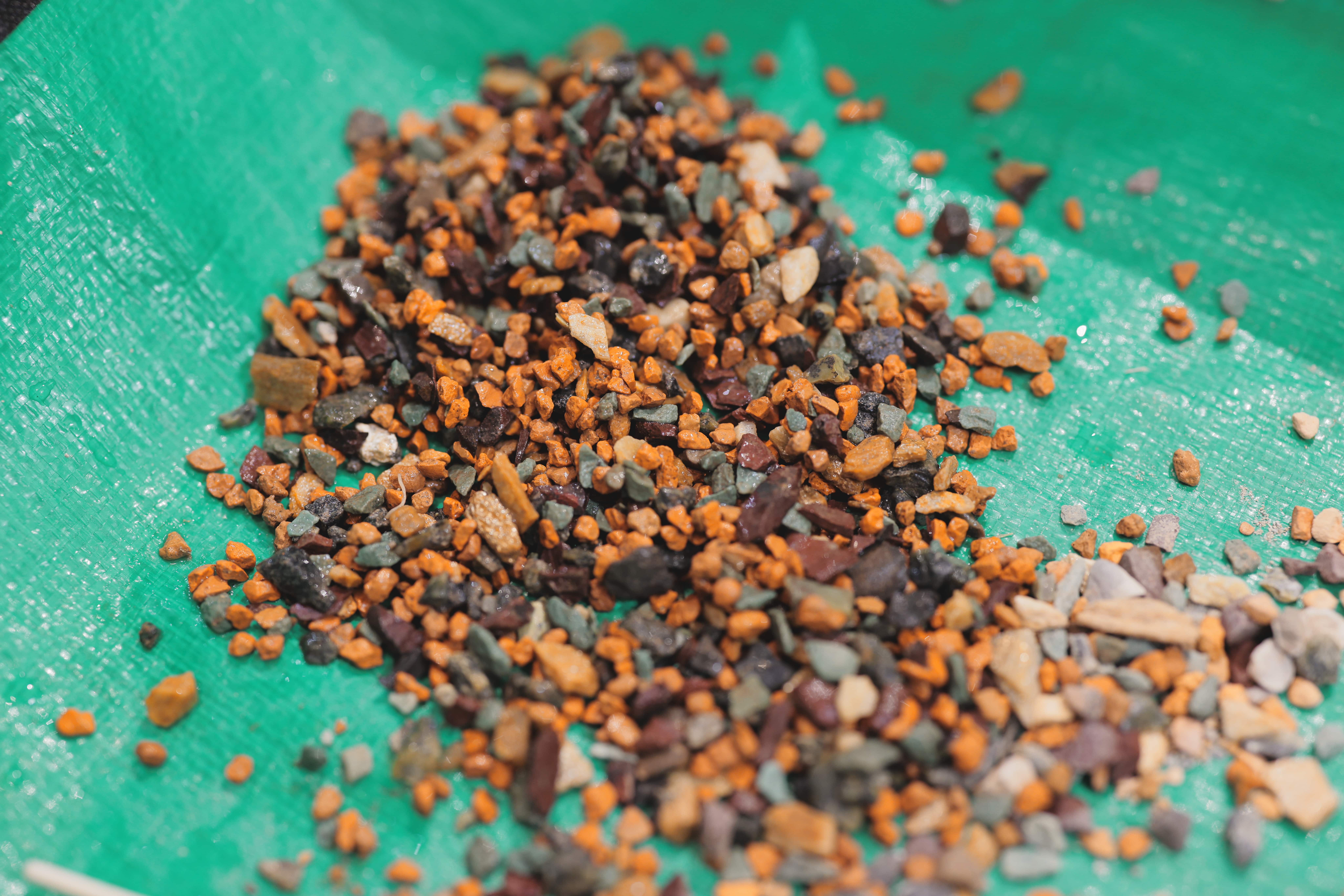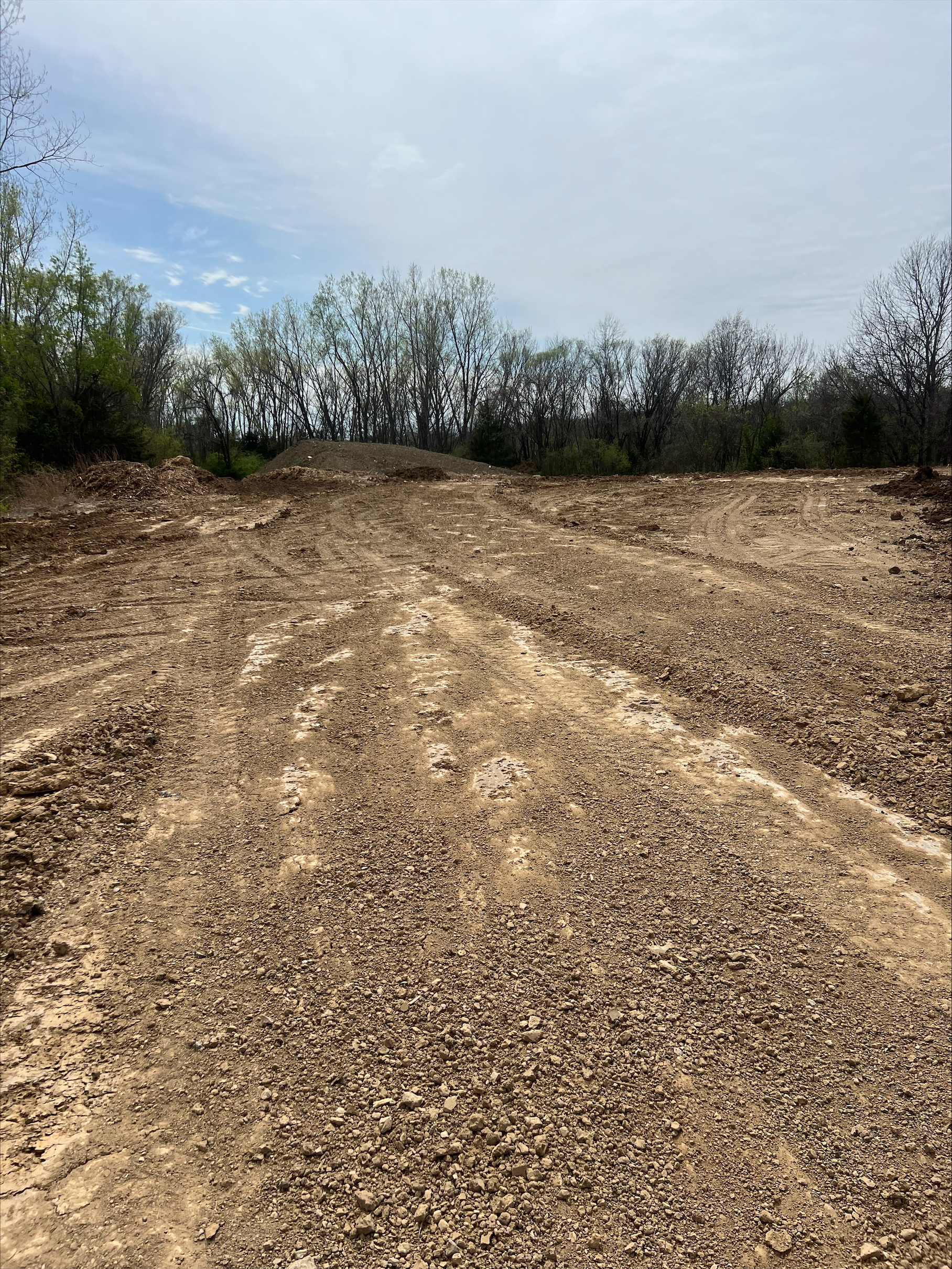Final Checklist: Ensuring Quality Select Fill for Your Next Philadelphia Project
Sourcing and using high-quality select fill is critical for the success of any construction project in Philadelphia. Proper material selection, handling, and installation prevent structural issues, delays, and cost overruns. This checklist serves as a complete guide to ensuring you get the best fill material from sourcing to final installation.
Step 1: Identify Your Project Needs
Before sourcing select fill, clearly define your project’s requirements:
- Volume Required – Calculate how much fill is needed based on site specifications.
- Material Type – Determine the appropriate fill type (sand, clay, gravel, or mixed composition) for your project.
- Compaction Requirements – Verify the fill material’s compaction properties to ensure it meets project and regulatory standards.
Step 2: Source from Reliable Suppliers
Partnering with reputable suppliers ensures that your fill material is free of contaminants and meets quality standards. Consider these factors:
- Supplier Reputation – Choose vendors with positive reviews and proven reliability in Philadelphia’s construction market.
- Material Inspection – Request samples or visit supplier sites to confirm material quality.
- Local Sourcing – Reduce transportation costs and delivery delays by choosing local suppliers. Borrow Pit provides listings of verified fill suppliers in Philadelphia, including:
Step 3: Plan for Delivery and Storage
Efficient delivery and storage prevent material loss, contamination, and delays:
- Schedule Deliveries Strategically – Align shipments with construction timelines to avoid stockpiling excess material on-site.
- Verify Material on Arrival – Inspect each load for consistency, moisture levels, and contamination.
- Secure a Proper Storage Area – Choose a dry, well-drained location and cover material to prevent weather damage.
Step 4: Ensure Proper Installation
Proper installation and compaction techniques are essential for structural integrity:
- Layering and Compaction – Install fill in controlled layers, compacting each to the required density.
- Moisture Control – Monitor moisture levels to avoid overly dry or wet conditions that affect compaction.
- Testing and Quality Control – Conduct standard compaction tests, such as the Proctor test, to confirm stability.
Step 5: Verify Compliance with Regulations
Philadelphia’s construction regulations require compliance with fill material and installation standards:
- Local Building Codes – Ensure fill material meets city and state regulatory requirements.
- Environmental Considerations – Use clean fill to prevent contamination and adhere to disposal guidelines.
- Inspection and Documentation – Maintain detailed records of fill source, compaction tests, and installation methods.
Conclusion
Following this final checklist ensures that your select fill meets quality standards, complies with regulations, and provides a stable foundation for your construction project. Using trusted suppliers like those on Borrow Pit helps streamline sourcing and guarantees high-quality material for your next Philadelphia build.




